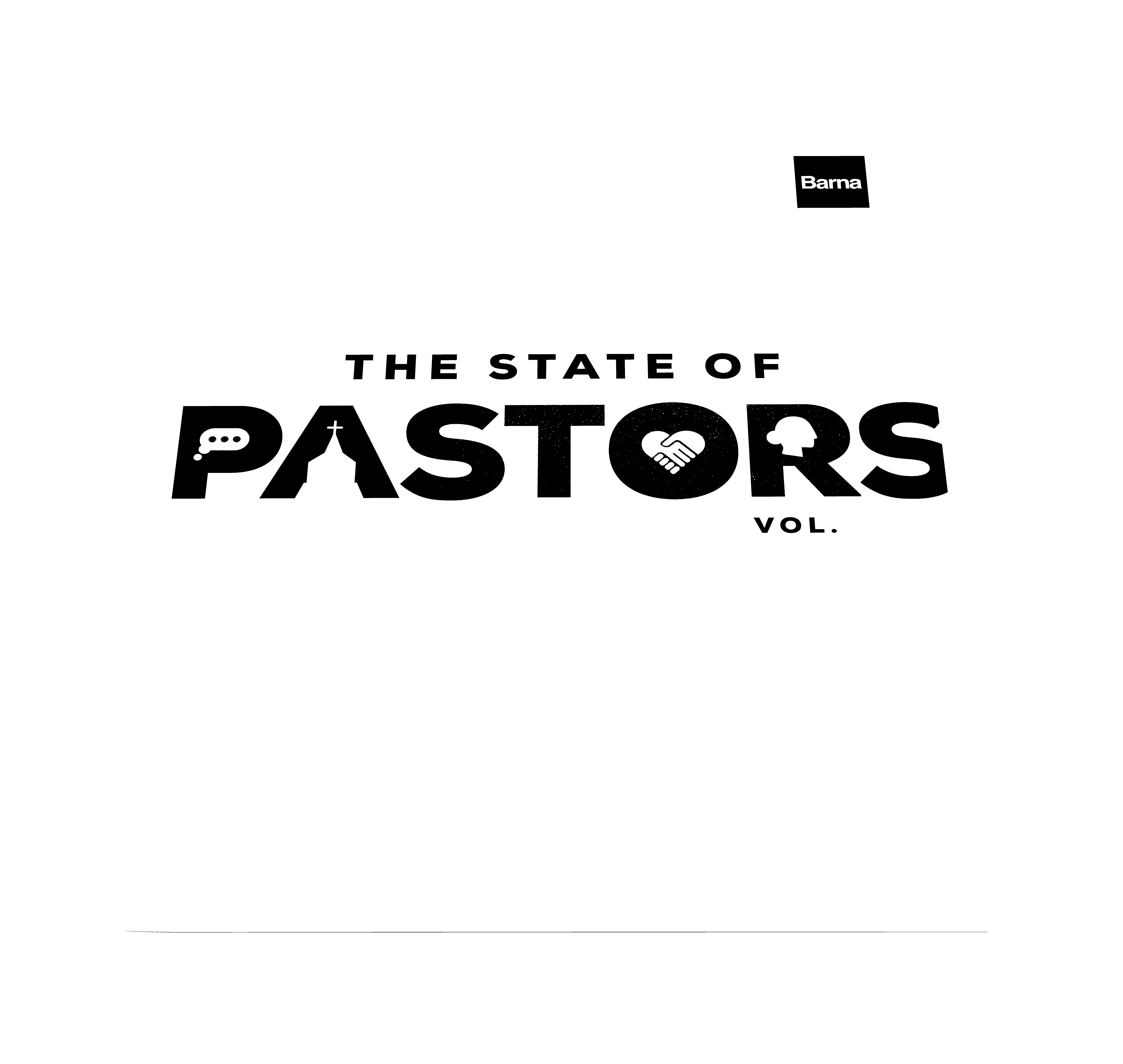Changes in Worldview Among Christians over the Past 13 Years

If Jesus were to ask, “Who do you say I am,” the question He famously asked his disciple Peter, He would be disappointed by some of the answers He’d receive from contemporary Americans. A new nationwide survey conducted by The Barna Group among a representative sample of adults explored how many have what might be considered a “biblical worldview.” The report from Barna compared current results to the outcomes from a similar survey the company conducted in 1995, 2000 and 2005.
Defining Terms
For the purposes of the survey, a “biblical worldview” was defined as believing that absolute moral truth exists; the Bible is totally accurate in all of the principles it teaches; Satan is considered to be a real being or force, not merely symbolic; a person cannot earn their way into Heaven by trying to be good or do good works; Jesus Christ lived a sinless life on earth; and God is the all-knowing, all-powerful creator of the world who still rules the universe today. In the research, anyone who held all of those beliefs was said to have a biblical worldview.
Overall, the current research revealed that only 9% of all American adults have a biblical worldview. Among the sixty subgroups of respondents that the survey explored was one defined by those who said they have made a personal to commitment to Jesus Christ that is important in their life today and that they are certain that they will go to Heaven after they die only because they confessed their sins and accepted Christ as their savior. Labeled “born again Christians,” the study discovered that they were twice as likely as the average adult to possess a biblical worldview. However, that meant that even among born again Christians, less than one out of every five (19%) had such an outlook on life.
The same questions were asked of respondents in national surveys by Barna in 1995, 2000 and 2005. The results indicate that the percentage of adults with a biblical worldview, as defined above, has remained unchanged for more than a decade. The numbers show that 7% had such a worldview in 1995, compared to 10% in 2000, 11% in 2005, and 9% now. Even among born again adults, the statistics have remained flat: 18% in 1995, 22% in 2000, 21% in 2005, and 19% today.
Components of Worldview Thinking
Varying numbers of Americans embrace the different aspects of biblical worldview thinking. The survey found that:
- One-third of all adults (34%) believe that moral truth is absolute and unaffected by the circumstances. Slightly less than half of the born again adults (46%) believe in absolute moral truth.
- Half of all adults firmly believe that the Bible is accurate in all the principles it teaches. That proportion includes the four-fifths of born again adults (79%) who concur.
- Just one-quarter of adults (27%) are convinced that Satan is a real force. Even a minority of born again adults (40%) adopt that perspective.
- Similarly, only one-quarter of adults (28%) believe that it is impossible for someone to earn their way into Heaven through good behavior. Not quite half of all born again Christians (47%) strongly reject the notion of earning salvation through their deeds.
- A minority of American adults (40%) are persuaded that Jesus Christ lived a sinless life while He was on earth. Slightly less than two-thirds of the born again segment (62%) strongly believes that He was sinless.
- Seven out of ten adults (70%) say that God is the all-powerful, all-knowing creator of the universe who still rules it today. That includes the 93% of born again adults who hold that conviction.
Your Leadership Toolkit
Strengthen your message, train your team and grow your church with cultural insights and practical resources, all in one place.
Differences among Demographic Segments
The research data showed that one pattern emerged loud and clear: young adults rarely possess a biblical worldview. The current study found that less than one-half of one percent of adults in the Mosaic generation – i.e., those aged 18 to 23 – have a biblical worldview, compared to about one out of every nine older adults.
Other groups that possess a below average likelihood of having a biblical worldview included people who describe themselves as liberal on social and political matters (also less than one-half of one percent); Catholics (2%); Democrats (4%) and residents of the Northeast (4%).
Ongoing research by The Barna Group on these matters consistently demonstrates the powerful impact a person’s worldview has on their life. A worldview serves as a person’s decision-making filter, enabling them to make sense of the complex and huge amount of information, experiences, relationships and opportunities they face in life. By helping to clarify what a person believes to be important, true and desirable, a worldview has a dramatic influence on a person’s choices in any given situation.
Barna’s research has discovered that there are unusually large differences in behavior related to matters such as media use, profanity, gambling, alcohol use, honesty, civility, and sexual choices.
The firm’s studies have also pointed out that a person’s worldview is primarily shaped and is firmly in place by the time someone reaches the age of 13; it is refined through experience during the teen and early adult years; and then it is passed on to others during their adult life. Such studies underscore the necessity of parents and other influencers being intentional in how they help develop the worldview of children.
George Barna, who directed this tracking research starting in the early Nineties, pointed out, “There are a several troubling patterns to take notice. First, although most Americans consider themselves to be Christian and say they know the content of the Bible, less than one out of ten Americans demonstrate such knowledge through their actions. Second, the generational pattern suggests that parents are not focused on guiding their children to have a biblical worldview. One of the challenges for parents, though, is that you cannot give what you do not have, and most parents do not possess such a perspective on life. That raises a third challenge, which relates to the job that Christian churches, schools and parachurch ministries are doing in Christian education. Finally, even though a central element of being a Christian is to embrace basic biblical principles and incorporate them into one’s worldview, there has been no change in the percentage of adults or even born again adults in the past 13 years regarding the possession of a biblical worldview.”
Barna concluded by noting that the lack of movement in the worldview status of adults reflects the fact that children are not provided with the basic ability to think in ways that correspond to foundational biblical teachings. He noted that Christian families, Christian schools, and Christian churches would be wise to invest more effort and tangible resources into helping young people understand and adopt the core ideas of Christianity, and to reinforce those concepts through their own lives. His pointed out that without such an investment, the current generational patterns indicate that the future Christian Church is likely to be one that has even less of a connection to biblical principles than is evident today.
This report draws information from four nationwide telephone interviews conducted by The Barna Group, each including between 1,002 to 1,005 adults randomly selected, during the years 1995, 2000, 2005, and 2008. The range of sampling error associated with a survey of 1,000 people is ±1.5 to ±3.5 percentage points at the 95% confidence level. Each of the surveys utilized minimal statistical weighting to calibrate the aggregate sample to known population percentages in relation to several key demographic variables. All interviews were conducted among a sampling of adults in the 48 continental states.
As noted, “born again Christians” were defined as people who said they had made a personal commitment to Jesus Christ that was still important in their life today and who also indicated they believed that when they die they will go to Heaven because they had confessed their sins and had accepted Jesus Christ as their savior. Respondents were not asked to describe themselves as “born again.”
Your Leadership Toolkit
Strengthen your message, train your team and grow your church with cultural insights and practical resources, all in one place.
Readers are encouraged to realize that the figures described above regarding a biblical worldview are somewhat different than a similar measure reported by The Barna Group in prior years. The earlier measure included an additional component, which had to do with the source of their worldview. When that measure is included, it typically decreases the percentage of people with a biblical worldview by about half.
About Barna
Since 1984, Barna Group has conducted more than two million interviews over the course of thousands of studies and has become a go-to source for insights about faith, culture, leadership, vocation and generations. Barna is a private, non-partisan, for-profit organization.
Get Barna in Your Inbox
Subscribe to Barna’s free newsletters for the latest data and insights to navigate today’s most complex issues.




